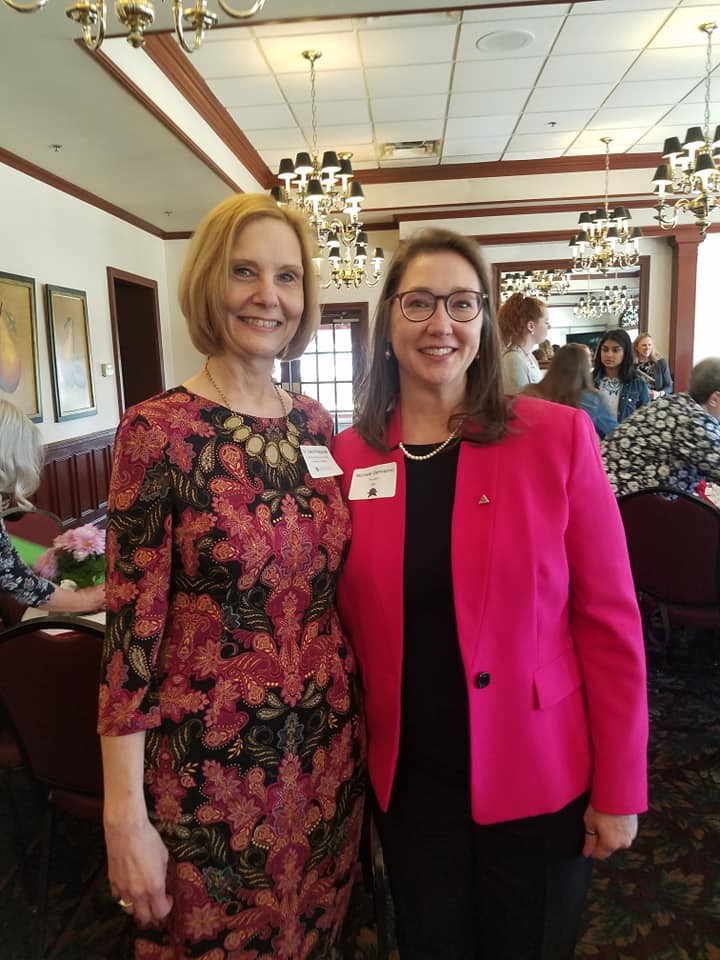Below you can find a word from the Michele Gennarino, former
 Rochester Alumnae Panhellenic president, about their most recent
Rochester Alumnae Panhellenic president, about their most recentDuring the past few years, we have determined the organization that we will support at the annual meeting and spring luncheon of our association will be by focusing on the philanthropy of the outgoing president’s sorority. I am a member of Sigma Kappa Sorority and our philanthropy is focused on Alzheimer’s and we are proud sponsors of the Alzheimer’s Association. Through our connection with the Alzheimer's Association locally in Rochester, NY, we were able to connect to a prominent doctor in the area who shared insights with our members.
Just a few facts first:
- An estimated 5.7 million Americans of all ages are living with Alzheimer's dementia in 2018 and 3.2 million are women.
- Women have a 1 in 6 chance of developing Alzheimer's, compared to a 1 in 11 chance for men.
- Alzheimer’s will touch each one of us in our lifetime if it already hasn’t.



